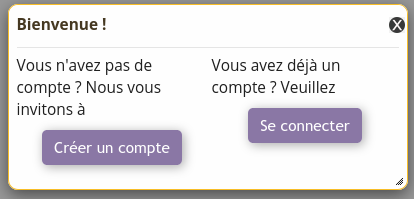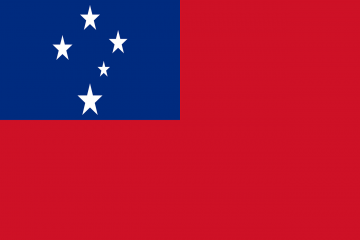The OER Foundation contributed to an initiative led by the International Council for Open and Distance Education (ICDE) in partnership with UNESCO and L’Université Numérique (The Digital University in France) to adapt the OERu’s Open education, copyright, and open licensing in a digital world (LiDA103) micro-course into French to support capacity development in OER for Francophone countries.
The OER Foundation (OERF) has recently published “Éducation ouverte, droit d’auteur et licences ouvertes Creative Commons dans un monde numérique” – the French version of the OERu’s LiDA103 English course. The English text of the course was originally translated by UNESCO followed by a technical and cultural validation conducted by L’Université Numérique.
Further consultation was conducted with the French-speaking group of OER experts, the Virtual Workshop on OER for Francophone Africa, French speaking experts of the UNESCO OER Dynamic Coalition within the framework of the OER Francophone Africa Project coordinated by the ICDE. The OER Foundation provided technology support for publishing the adapted course materials online using its open digital learning ecosystem. The course will be delivered using the OERF’s technology platform.
The OER Foundation’s award winning digital learning ecosystem is a component-based system comprising best-of-breed Free and Open Source Software (FOSS) applications. A significant advantage of using FOSS tools is that their respective development communities have built language localisations for the navigation interfaces of these applications. The OER Foundation benefits from these language localisations because, for instance, French speaking learners can navigate and contribute to forum discussions (using Discourse) and social media posts (using Mastodon) in French, based on the language setting of their browsers without the OERF needing to incur additional licensing or development cost or new server infrastructure to support multiple languages. In this instance, English and French learners use the same infrastructure hosted by the OER Foundation in their own languages.

English version of the log in modal of the Register Enroll plugin
The OERF had previously developed custom WordPress plugins to manage course registrations and integration with our Mautic software, which is used for automating course instructions sent via email. The Mautic email campaigns are designed to support both cohort instances of courses with fixed start dates, but can also manage open registrations for independent self-study.

French version of the log in modal of the Register Enroll plugin
The French localization project provided an opportunity for the OERF to refine the “Register-enroll” plugin, developing new software code to support future translations of the plugin’s user interface adopting the tools and approach established and documented by the WordPress developer community. Here, the OERF benefits from a mature FOSS tool set, for example language editors like POEDIT used for translating portable object (PO) language files into different languages. The OERF has commenced a pilot project with the Ministry of Education, Sports, and Culture in Samoa to develop a Samoan version of the plugin as a demonstrator for other languages in the Pacific region.
This French localisation initiative highlights the power of open collaboration for all participants. Francophone countries will now have access to more options for OER capacity development, but at the same time, the OER Foundation has improved its technical capability, as it can now easily support multiple languages in the future. It has documented the process to facilitate replication in other languages in support of the UNESCO Recommendation on OER.
Attribution
Country flags by Penn State licensed under Creative Commons Attribution-NonCommercial-NoDerivs 2.0 Generic license.

